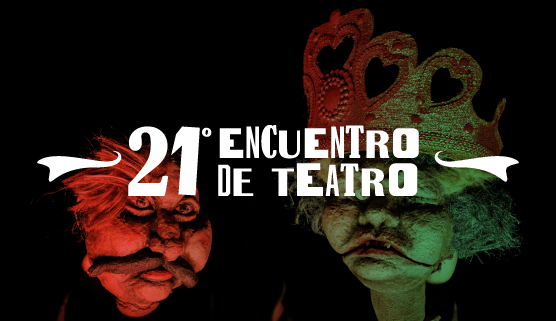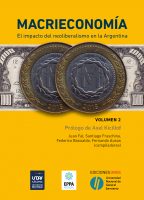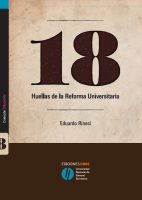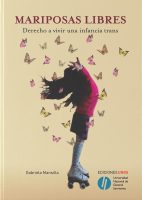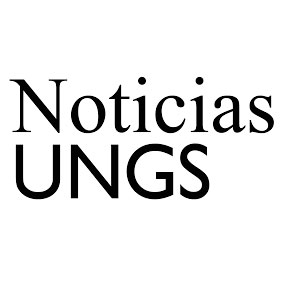Juventudes y participación política: la condición juvenil en el peronismo platense contemporáneo
In this thesis we aim to analyze the construction of the youth condition within the political field of Peronism of La Plata city, capital of Buenos Aires Province, between the years 2009 and 2015. The study is part of an Argentine historical moment that as we shall see, was particularly strong because of youthful involvement in politics. In this scene, we decided to focus the thesis on the experience of young people in La Plata’s Peronism, especially in the conformation of the groups La Cámpora and Movimiento Evita during the Kirchner’s period.
It is a research that deepens the knowledge about the experiences of youth political activism in three central aspects: 1) the ways in which the youth condition is used as strategic anchor for the political argument, 2) the link between political organizations and the territory, the university and the State, and 3) the public visibility of young political activists, and their greater presence in public and political speech.
The perspective used revolves around the concepts of politics, political and identity. We perform the interpretations in the framework of the youth’s Argentine studies in general and, in particular, in the previous works of youth and Peronism. The qualitative methodological approach of the field occurred over more than two years with a procedure guided by observation and interviews.
Among the main findings we explain the political dynamics and the selected organizations’ histories, and we detail the logics of action of the young people who are part of the groupings. A
6
key to entering the stories of these young people was the description and study of their individual and family political trajectories within the framework of their social trajectories. This allowed us to advance in the analysis of the meanings that many of the young people construct in -and over- the political organizations to which they belong, as well as on Peronism in general, and the link with the State. Understanding these issues enabled understanding the ways in which they are incorporated into organizations, how this allows them to participate in a political tradition and, under that inscription, to shape individual and collective life projects. Finally, we add an interpretation about the incidence of gender and class conditions in relation to the age within political organizations, as well as other social conditions that become relevant, such as territory and class raciality, among others.
The study provides contributions about the different ways in which these young people, as political actors, develop within Peronism. Activism in the two groups -study object- shows the existence of new forms of political action that respond to a particular sociopolitical context. At the same time, the activists are attached to a political tradition -Peronism- which gives them a relevant identity and belonging anchorage.
Although the analysis of how the youth condition is used as a strategic anchor for the political argument is crossed in different ways, there are four axes that became relevant for our investigation. These are the four main conflicts that mold the point of view we bring about the theme: 1) the conflict between the young Peronists themselves, 2) the argument between the young and the old activists, 3) conflict based on the dynamics of job insertion in the State, and 4) differences within the territorial political actions.

